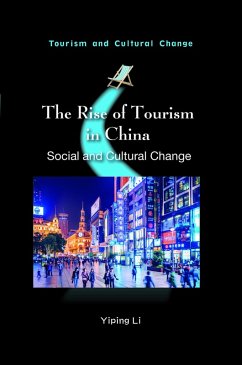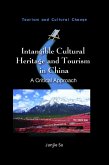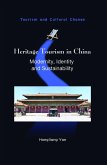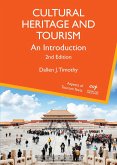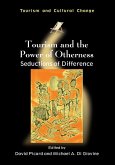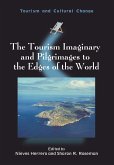This book offers a comprehensive understanding of China's tourism development from 1992 onwards, focusing on the social-cultural change that accompanied the rise of tourism. It examines both the economic benefits and sociocultural impacts of tourism and argues that tourism sustainability depends on a delicate balance between economic and social-cultural interests which could manifest differently among the stakeholders of various interests. It also explores, through both theoretical and empirical analysis, how travel connects people and places through the processes of tourist imagination and consumption. The volume portrays how contemporary discourses fuse with individual histories to formulate the ways in which tourists understand China. It will be a useful resource for students and scholars in human geography, tourism management, leisure and recreation, and social sciences.
Dieser Download kann aus rechtlichen Gründen nur mit Rechnungsadresse in A, D ausgeliefert werden.

